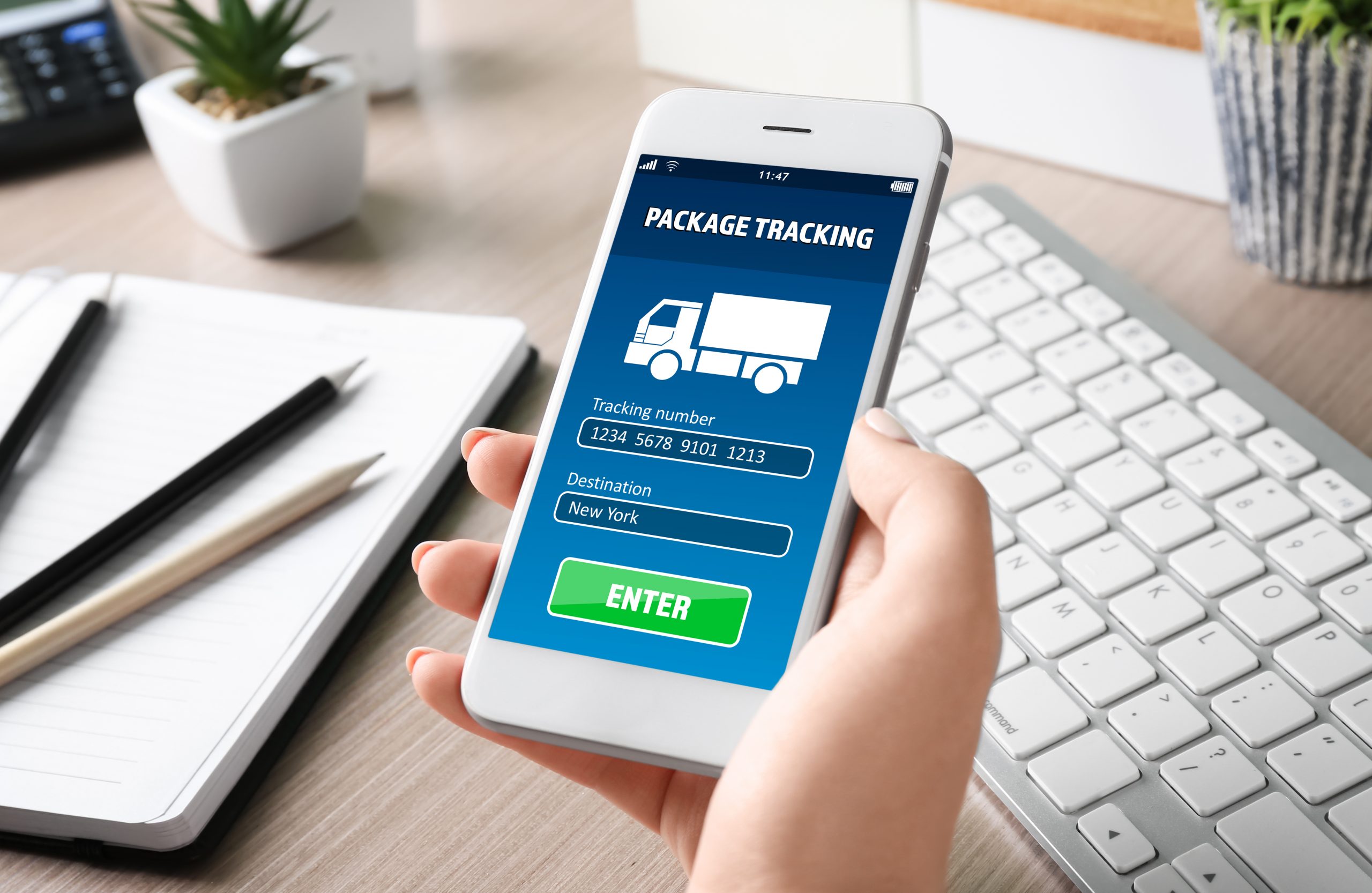It’s Shopping (and Shipping) Season: Don’t Let Fraudsters Deliver a Scam
Security

It started during the pandemic and hasn’t slowed down: Online shopping is an everyday occurrence for some people. With more shopping comes more package deliveries and—you guessed it—more creative scams meant to trick consumers out of their money and personal information.
What are they up to now?
One of the latest common scams involves a phone call, text, or email stating that an online seller or shipping company is trying to deliver a package but needs more information to do so.
The message may say something like “Your delivery from Shipping Company X is awaiting your action” and then offer a text with a fake web-tracking link to click or a call-back number, leading you right into the scammer’s fraudulent hands.
What’s the danger?
The exact details of these scams vary, but following are some examples:
- A texted web link leads you to a fake website that prompts you to enter personal information.
- An emailed web link installs malware once you click it, which then trolls your phone or computer for personal information to steal.
- A phone number you’re instructed to call is answered by a scammer who tricks you into disclosing account or credit card information.
- A call or text message claims that you owe additional postage, fees, or a tax that must be paid to the scammer before a package meant for you can be released. (Hint: There’s no package.)
Stop that scam!
While these messages may be well crafted so that they look and sound legitimate, you should never reply to an unexpected delivery notice. Instead, contact the seller or delivery service directly using the contact information from your original order.
Remember, scammers can “spoof” the phone numbers they use to call or text you, making it appear that a message is coming from a legitimate company. If you are expecting a package and you get an inquiry like this, your safe bet is to verify by initiating communication directly with the seller or shipper.
Real or fake? If you see these signs, consider them red flags:
- You get an unexpected request for money in return for delivery of a package. The person contacting you may suggest that there’s a sense of urgency to complete the transaction.
- You receive a message that has spelling and grammatical errors, several exclamation points, or the strange use of capital letters.
- The web links in the message seem “off” or are spelled slightly differently than you’d expect for the company they’re claiming to be from.
- Anyone asks you for personal or financial information.
When in doubt, you’re probably right
Err on the side of caution anytime someone contacts you unexpectedly about a package delivery. A dose of healthy skepticism goes a long way in keeping your money and personal information secure.
Happy shopping!
Read more security articles.









